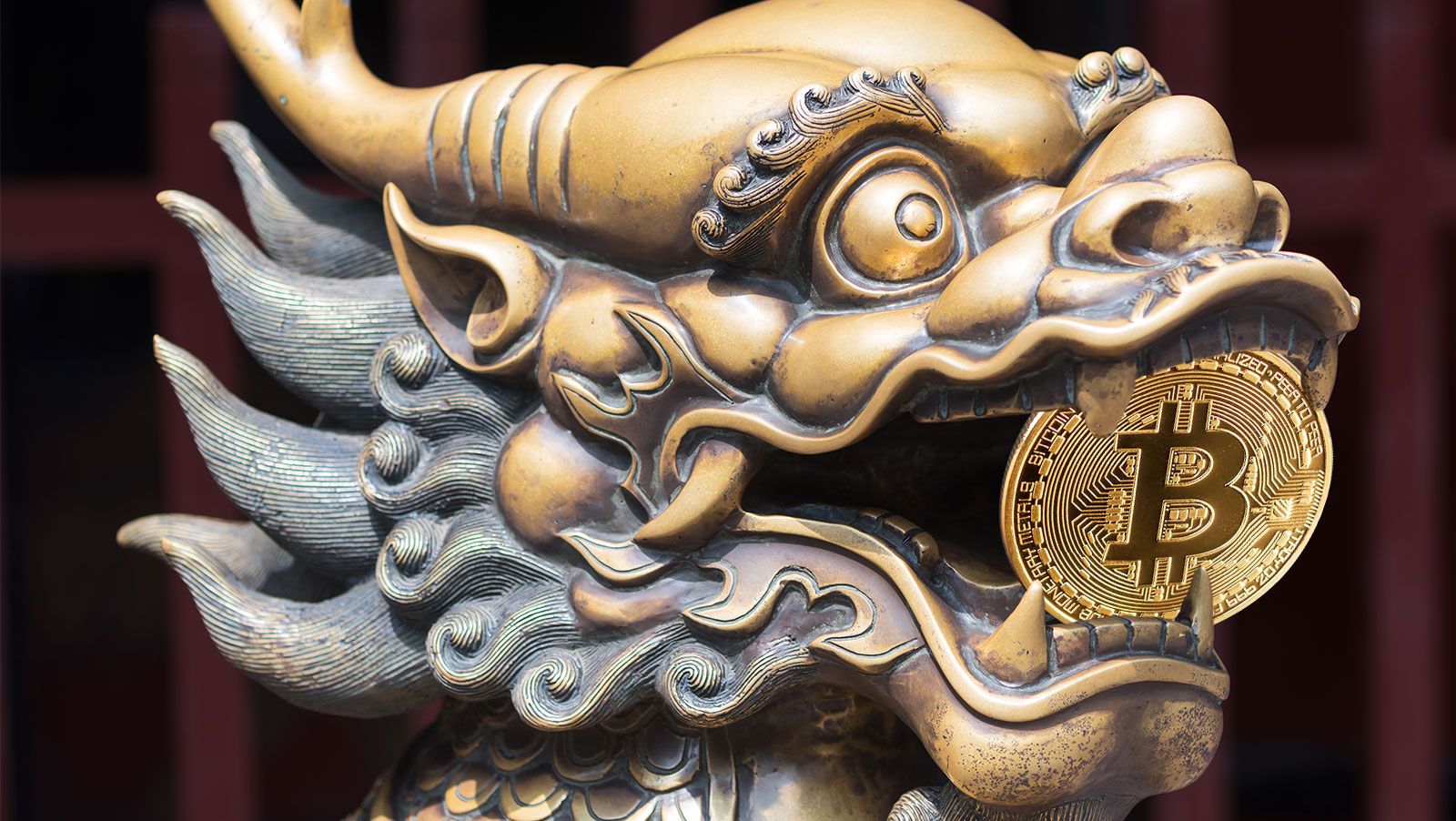Rumors are spreading that China is set to shut down local bitcoin exchanges. Headlines may be squawking that the price of bitcoin has plummeted because of this, but nothing out of the standard deviation of regular bitcoin volatility has occurred in reaction to this news. As news sites battle for your clicks, they have to put in emotional words like “plummet” to get you to read the lede sentence of the article, but no plummeting has taken place.
 First of all, local exchanges themselves are denying that any ban has been enacted. This denial can be taken with a grain of salt because of course local exchanges have a vested interest in denying that their business is banned for as long as possible. Second, the denial report comes from ZeroHedge, a somewhat hysterical website that, while it does have accurate reporting at times, does have the tendency to sensationalize.
First of all, local exchanges themselves are denying that any ban has been enacted. This denial can be taken with a grain of salt because of course local exchanges have a vested interest in denying that their business is banned for as long as possible. Second, the denial report comes from ZeroHedge, a somewhat hysterical website that, while it does have accurate reporting at times, does have the tendency to sensationalize.
The real issue is not whether a ban on local exchanges is happening or not, but whether such a ban means anything at all. As we’ve covered before, most of Chinese bitcoin trading volume is already off the direct exchanges and has moved almost entirely to P2P networks like Localbitcoins. Beijing has been clear that P2P networks are not being targeted, but only direct exchanges. This shift in trading volume happened back in February and has been mostly spurred by the desire to maintain privacy. The Chinese government is already monitoring the exchanges with hawk eyes, so if you want to move money with privacy in China, you have to do it peer-to-peer.
What’s interesting then is the hidden message that China is sending by banning only direct exchange sites, which now constitute a negligible amount of bitcoin trading volume in China. The hidden message is, “We don’t like bitcoin, but we’re too afraid of it to put up a real fight.”
Governments actually do this a lot when they want to appease their base who want economic controls but don’t want the economic controls to actually do anything. Examples are if a government dictates a maximum price for, say, eggs, when the free market price is already below the dictated mandatory maximum price for eggs. The result is that government egg policy is nothing but hot air that makes the politicians and the populace feel like the government is doing something to lower the price of eggs when it really isn’t doing anything at all.
A second example is if a government puts the minimum wage at a lower level then what the market is willing to pay for low-skilled labor. If the government sets the minimum wage at $3.00 an hour for example but employers are already willing to pay $3.50 an hour for someone to sweep the floors, then the minimum wage is ineffective. Of course, the consequences of instituting an effective maximum price for eggs below the free market price will be an egg shortage. And the result of setting the minimum wage above the free market price for low-skilled labor will be a surplus of low-skilled workers, AKA unemployment, for the same reason. If the government is afraid of these consequences, it will only pretend to fix prices in this way.
Same with bitcoin. By banning exchanges, Beijing is trying to make it look like it is fighting bitcoin without actually fighting it. The result will be not much of a dent in the price of bitcoin, which is exactly what happened. Yes, it went down, but only slightly and the decline is already reversing. What might the Chinese government be afraid of? Perhaps the effect on the Macau recovery, which is probably getting a lot of its capital from bitcoin transfers off the mainland. Most probably though, the explanation is simple and corrupt in nature. I’d bet a good chunk of my life savings that the particular Chinese regulators in charge of setting these stupid policies have bought into the bitcoin rally themselves and have a good chunk of their tax-begotten savings in bitcoin. They don’t want to shoot themselves in the foot so they are only pretending to fight the digital currency. Do I have any proof of this? No, but it’s how government regulators generally behave.
The current parabolic bitcoin rally since May has gone much farther than I’ve anticipated, and eventually it will be reversed. I don’t know when and I don’t know by how much. Parabolas are impossible to time. At some point though weak hands will break, the parabola will fall but probably to a point higher than the last 2013 peak, a new basing pattern will begin and the end result will be a lower but more stable bitcoin value for a time. The climb will then resume as more and more fiat currency keeps getting printed and we start another round.
The break will happen only when speculators start getting burned, which will push other weak hands out and start the cleanse. I doubt that there will be any direct cause for it like Chinese government policy, but rather just peak demand being reached for this parabolic cycle. So if you’re worried about Chinese government policy affecting your bitcoin savings, it won’t. It’s just a red herring.